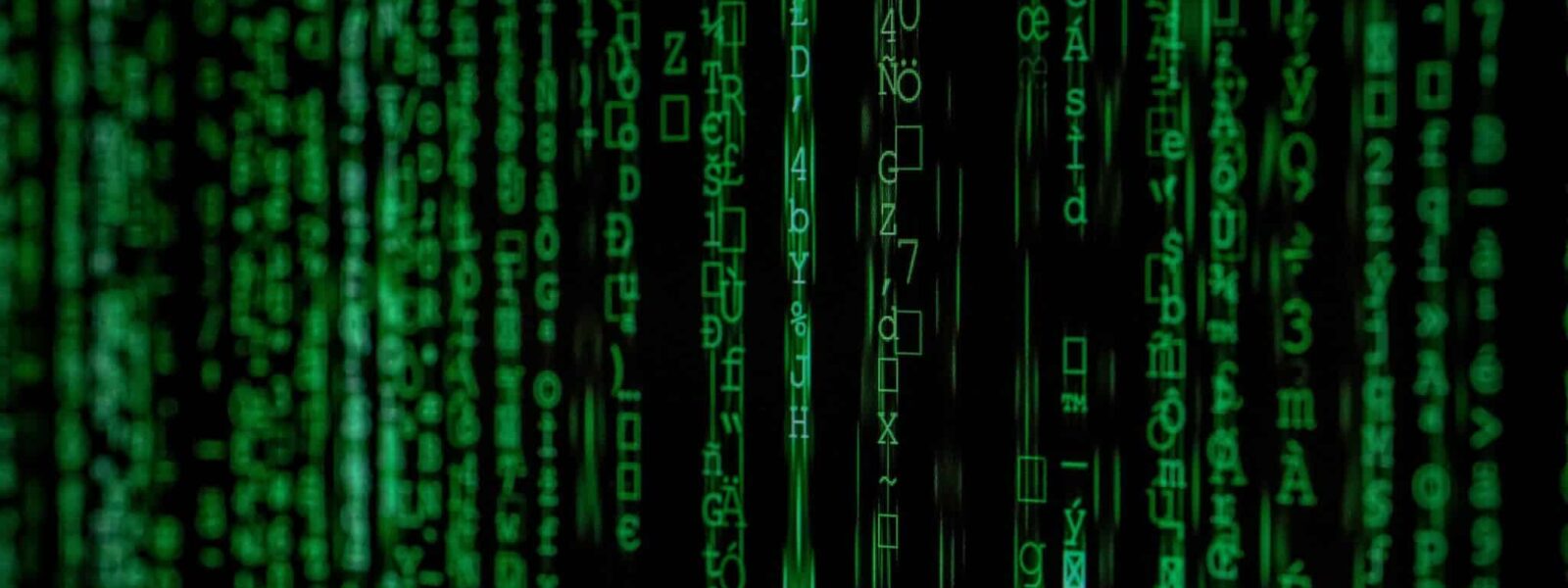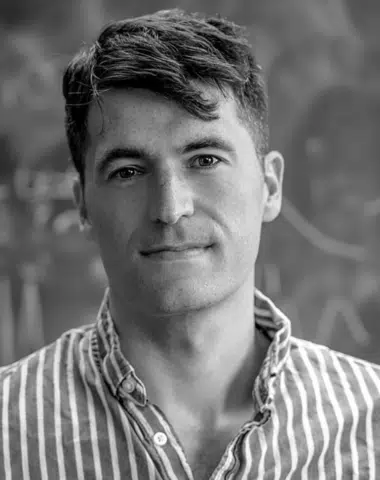Can we know if our universe is a simulation?
The question of whether we might be living inside a computer simulation has inspired many a work of science fiction. But is it possible to calculate the odds that we are the virtual creations of a superior intelligence? A new study1 aims to put to rest certain miscomprehensions in the popular culture.
Long before The Matrix2 and the novel Simulacron3, which greatly contributed to opening up the concept of simulated realities in the collective conscience, Plato, with his “allegory of the cave”, likened human beings to chained prisoners unable to see reality. There is no doubt that the idea we live in a simulation is enticing. More recently, the 2020 Goncourt Prize winner The Anomaly4 questions how we, as a society, would deal with learning that we might be living in such a reality.
A serious theory
In 2003, Nick Bostrom, a philosopher at the University of Oxford, published an article in which he imagined a technologically advanced civilisation who possess the immense computing power required to simulate new realities with conscious beings in them5. His hypothesis implies that if we lived in a simulation, it would be because there is a life form more intelligent than us, capable of creating such a universe. Is this possible? And how would we know that our daily lives – and more broadly the universe – were not the avatars of some gigantic computer programme?
The argument can be likened to predicting whether or not life exists elsewhere in the universe. Until we find such extra-terrestrial life, however, the only information we have is that it was able to start here, on Earth. Such arguments are particularly amenable to Bayesian inference – a type of analysis that calculates the degree of confidence given to a hypothetical cause. This algorithmic technique uses Bayes’ theorem, which calculates the probability of an event occurring by first considering the probability that another similar event that has already occurred. In Bayesian statistics, you can lay out everything you know and everything you don’t know.
No hard evidence
Setting up the simulation argument in a Bayesian framework reveals that many of today’s hypotheses – be they in favour of or against the existence of a simulated reality – often have too many assumptions built into them. For example, if the universe is a simulation, one might assume that it is a “giant computer”. And even if it were, this is not evidence in itself that the universe was created by a higher intelligence.
Nor can it be said that the presence of “flaws” (like the black cat that walks past twice in The Matrix) is evidence of a simulated world6. This hypothesis is particularly inconclusive because even if someone did notice such glitches, the “creator” could always rewind the simulation and delete the evidence (wiping the memory). Since there are also fundamental computational limits that inevitably make the simulation “grainy”, the creator might choose not to make a detailed physical simulation of the entire universe, but only our perception of it.
Humanity as we know it may one day disappear or be supplanted by one (or more) post-human species that might want to create simulations of their ancestors.
Simplifying the argument
Humanity as we know it may one day disappear or be supplanted by one (or more) post-human species that might want to create simulations of their ancestors – that is to say human beings with consciousness, like us. But how do we know whether we are the original human beings or already the simulations of a future society’s ancestors? Bostrom proposed a conceptual framework in which to address this question and his simulation argument contains three propositions, one of which he reasoned must be true. Either:
- human societies invariably go extinct before reaching a stage where they are able to simulate new realities;
- even if they do reach this stage, they are unlikely to be interested in simulating a reality much simpler than their own;
- the probability that we are living in a simulation is close to one.
Since the final outcome of Bostrom’s first two propositions is that simulations do not exist, they can be collapsed into a single proposition [1]. The trilemma thus becomes a dilemma in which there are now two possibilities:
1. a natural non-simulated universe (ours);
2. an “original” natural universe that spawns one or more simulations that may themselves spawn further simulations, one of which would contain our universe.
In the absence of any other information, both scenarios should be considered on an equal footing according to a basic tenet in statistics – Laplace’s “Principle of Indifference”, which states that in the absence of evidence, all hypotheses should be considered equally likely. But, the fact that the simulated hypothesis necessarily contains one natural universe amongst the many simulated universes means that there would be a slightly less than 50% chance that we live in a computer simulation. The reason for the slightly less than 50% chance is that it is impossible to prove whether or not we are living in a simulation. Even if we were virtual beings, there would be no real evidence to prove it.
Another important precept of Bayesian statistics, Occam’s razor (which states that the simplest explanation, all things being equal, is usually the right one) is also difficult to formally build into the simulation hypothesis. This is because we don’t know how many simulations are plausible and because we don’t really know how to mathematically describe the complexity associated with each reality. So, while there is a less than 50% chance that we live in a simulation, this figure should be treated as an absolute upper limit. Indeed, even when we generously ignore the inherently overly-complex nature of the simulation hypothesis, there is no way make the simulation odds better than 50%.
Heads or tails?
The main challenge in such studies is, simply, the lack of information. The only real fact we have to go on is that we exist. Even adding the extra condition that we ourselves haven’t launched a simulation barely affects the final outcome.
Say we did start simulating realities, however, and there were conscious entities in them that were unaware that they were living inside those simulations, then that would flip all the odds. This is because we would be changing the initial condition from a (nulliparous) reality that cannot give birth to new realties to a (parous) reality than can generate other realities. It would then become highly probable that we live in a simulated universe.
Nevertheless, according to Bayesian statistics, the most likely outcome of this scenario is that we live in a universe where it’s not possible to stimulate new realities.
A hierarchy of realities
This apparent paradox is well described by the American theoretical physicist Sean Carroll7. He argues that if you have a hierarchy of (Inception-like) realities in which each simulation launches its own simulation, then there would be a reduction in computational ability at each subsequent level. This means that each simulated universe would be simpler than the universe in which it was created.
So, while you would still be able to produce simulations, and presumably even very impressive simulations, the lowest levels in these wouldn’t have the sophistication to host truly conscious entities. There is the possibility, nonetheless, according to Carroll, that we live in one of these “low levels of reality”.
Working on such ideas is important, especially when we hear about the incredibly high “billion-to-one odds” that we live in a non-simulated universe often cited in the popular culture8. This figure implies an incredible certainty and was obtained by extrapolating current computer trends and capabilities. This premise, however, contains an inherent uncertainty if treated in a Bayesian framework: we cannot simply exclude the possibility of a natural universe outright.
Perhaps we need to go from thinking that living in a simulation is an inevitability to thinking that it is a somewhat unlikely situation?9















